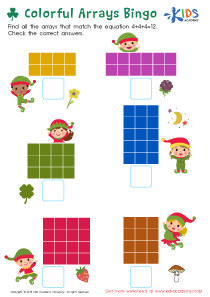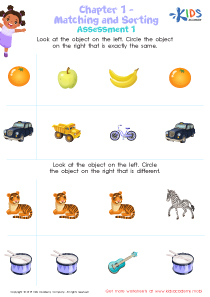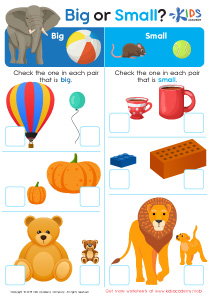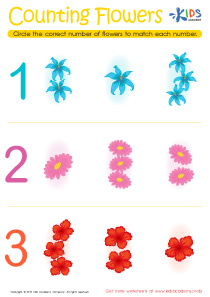Easy Measurement Worksheets for 3-Year-Olds
4 filtered results
-
From - To
Introducing our Easy Measurement for 3-Year-Olds worksheets: a delightful collection designed with your little ones in mind! These engaging worksheets are perfectly tailored to introduce the concept of measurement in a fun, interactive way that is just right for their age and developmental stage. With vibrant illustrations and simple, easy-to-understand activities, children will enjoy exploring sizes, lengths, heights, and quantities. Ideal for both classroom and home settings, our worksheets are crafted to nurture curiosity, enhance fine motor skills, and lay a strong foundation for mathematical understanding. Dive into the world of measurement with your 3-year-old today – it's never too early to start learning with joy!
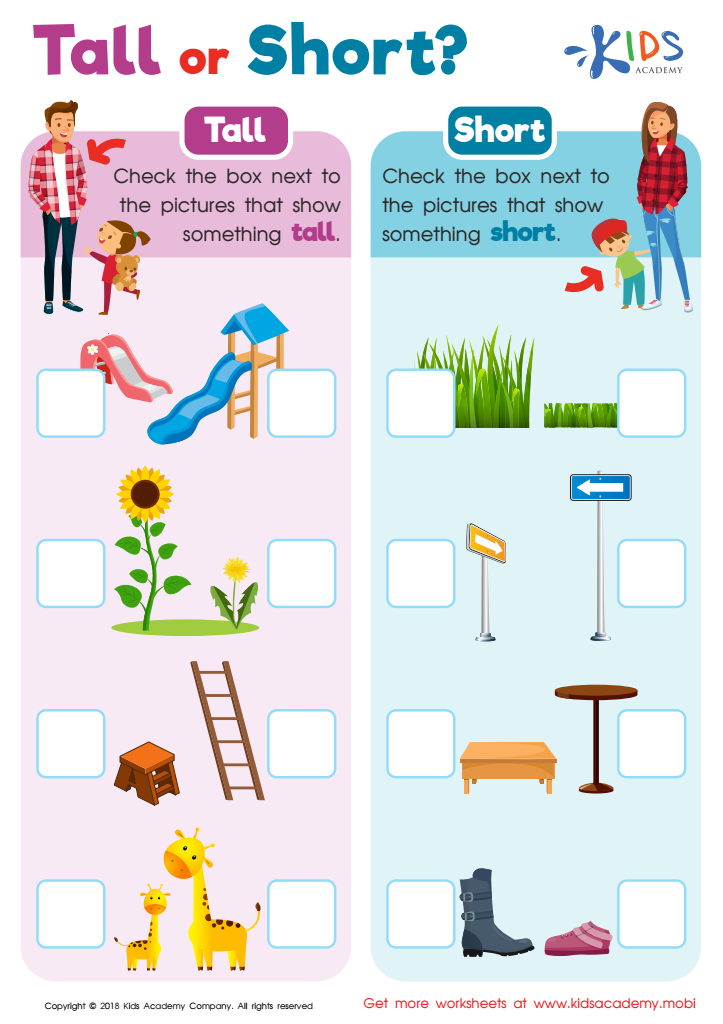

Tall or Short? Worksheet
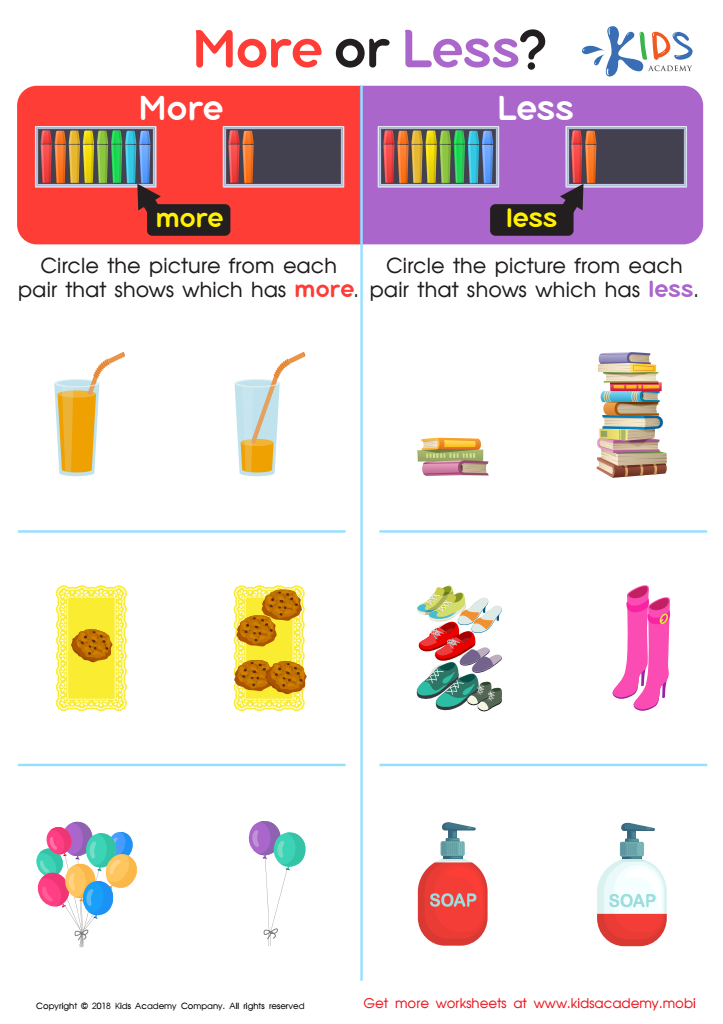

More or Less? Worksheet
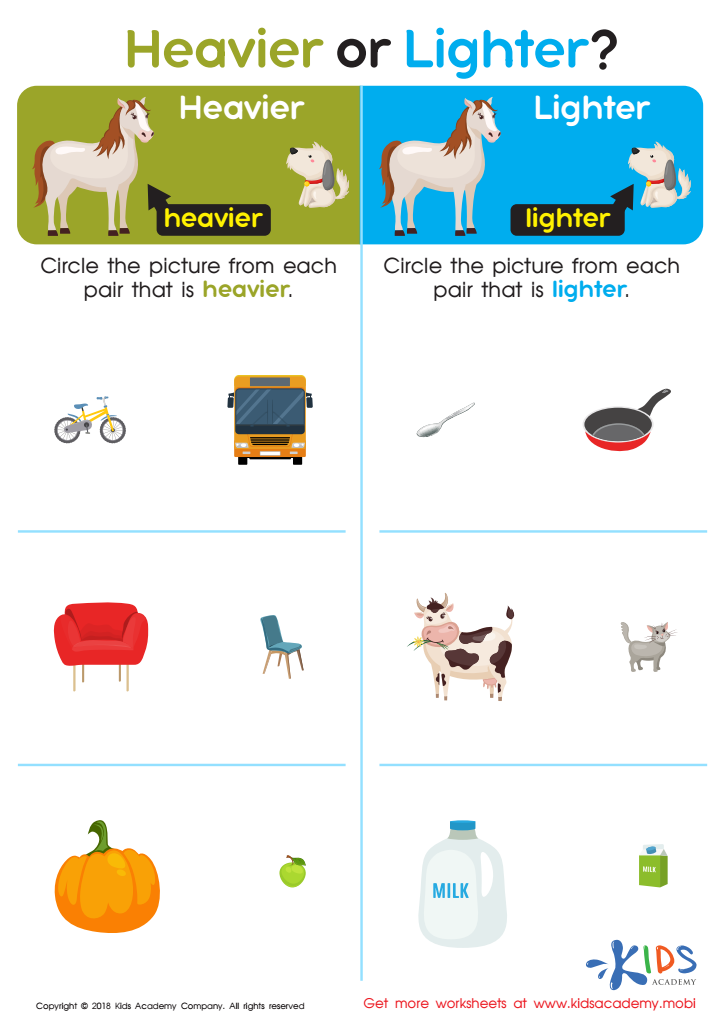

Heavier or Lighter? Worksheet
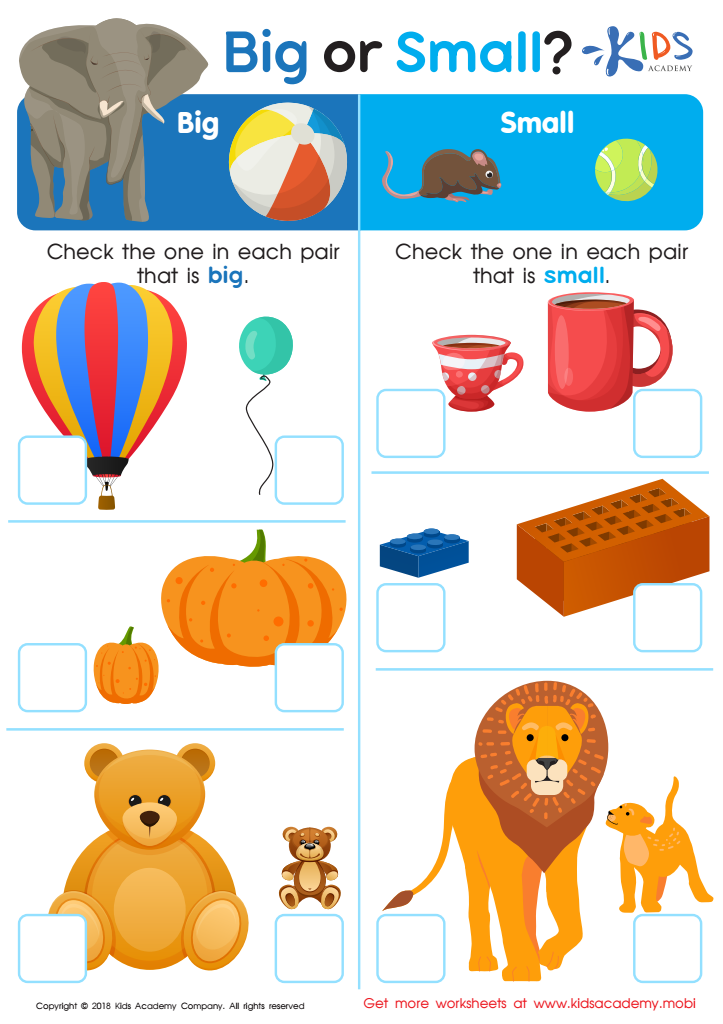

Big or Small? Worksheet
Easy Measurement for 3-Year-Olds through worksheets offers a foundational entry into the world of mathematics and sciences in a manner that is both engaging and beneficial for young learners. At this tender age, children are naturally curious, eager to explore and understand the world around them. Incorporating easy measurement worksheets into their learning routine can significantly enhance their cognitive and motor skills.
Firstly, these worksheets are tailored for the developmental stage of 3-year-olds, focusing on simple concepts of measurement such as comparing lengths, heights, and sizes. Such activities foster critical thinking as children learn to make comparisons and understand relationships between different objects. It's a hands-on approach to learning that encourages active participation, which is crucial for this age group.
Moreover, Easy Measurement for 3-Year-Olds helps in improving fine motor skills. As children draw lines to measure objects, circle the taller or shorter item, or fill in the correct measurements, they refine their control and coordination of small muscles in the hands and fingers. This not only supports their writing skills but also their ability to perform everyday tasks with more precision.
Incorporating easy measurement worksheets into early childhood education provides a fun and interactive way for 3-year-olds to grasp basic mathematical concepts, setting a solid foundation for future learning in a relaxed and enjoyable manner.
 Assign to the classroom
Assign to the classroom






